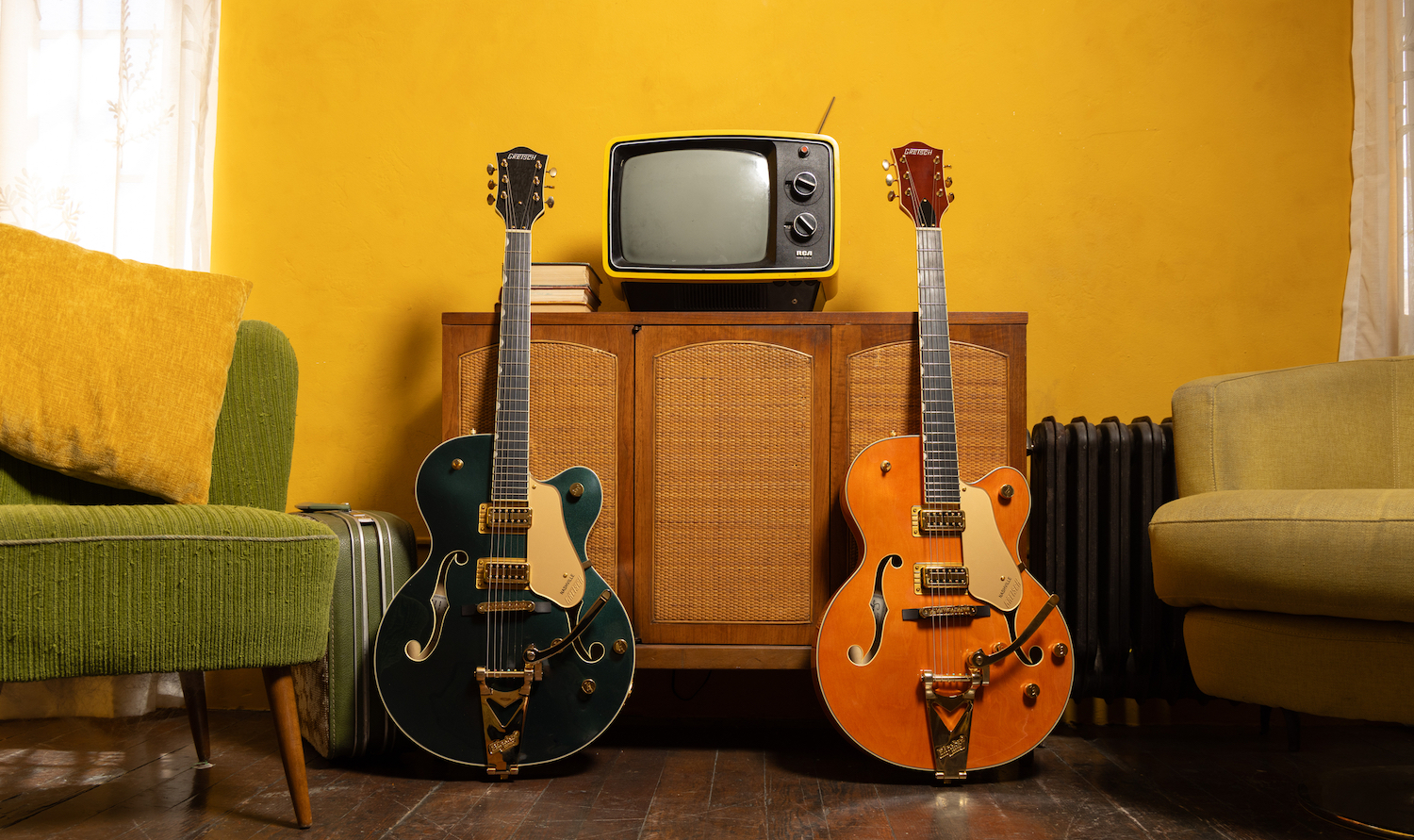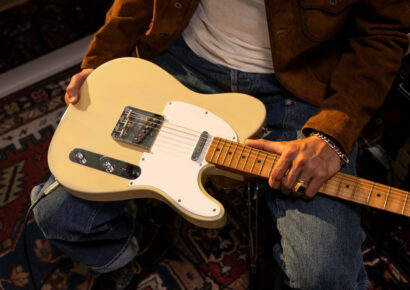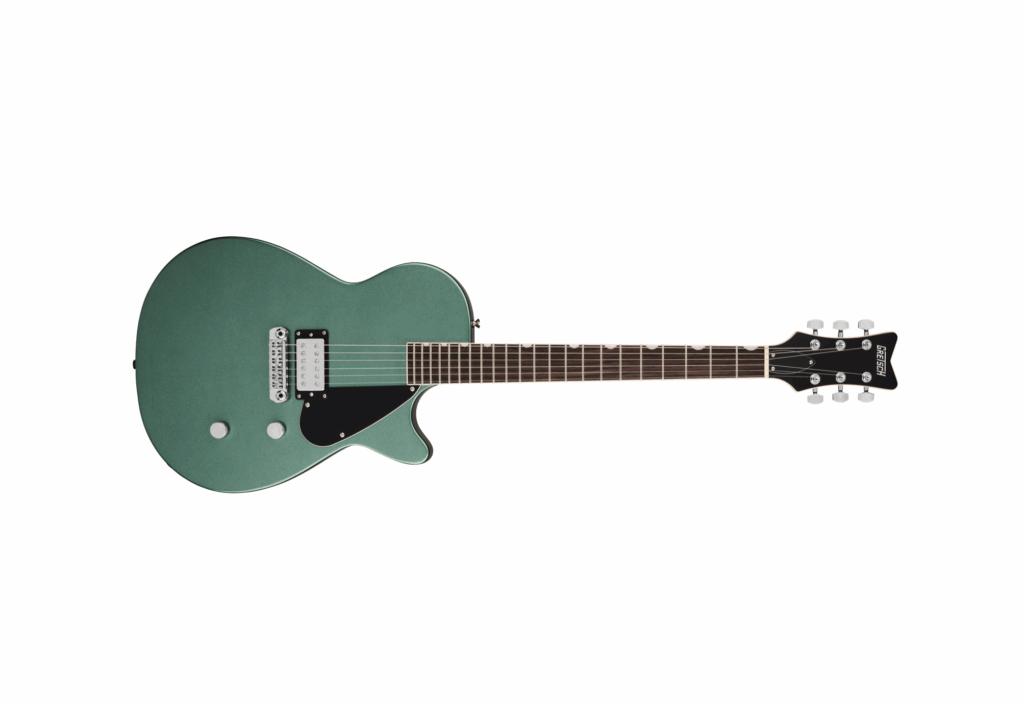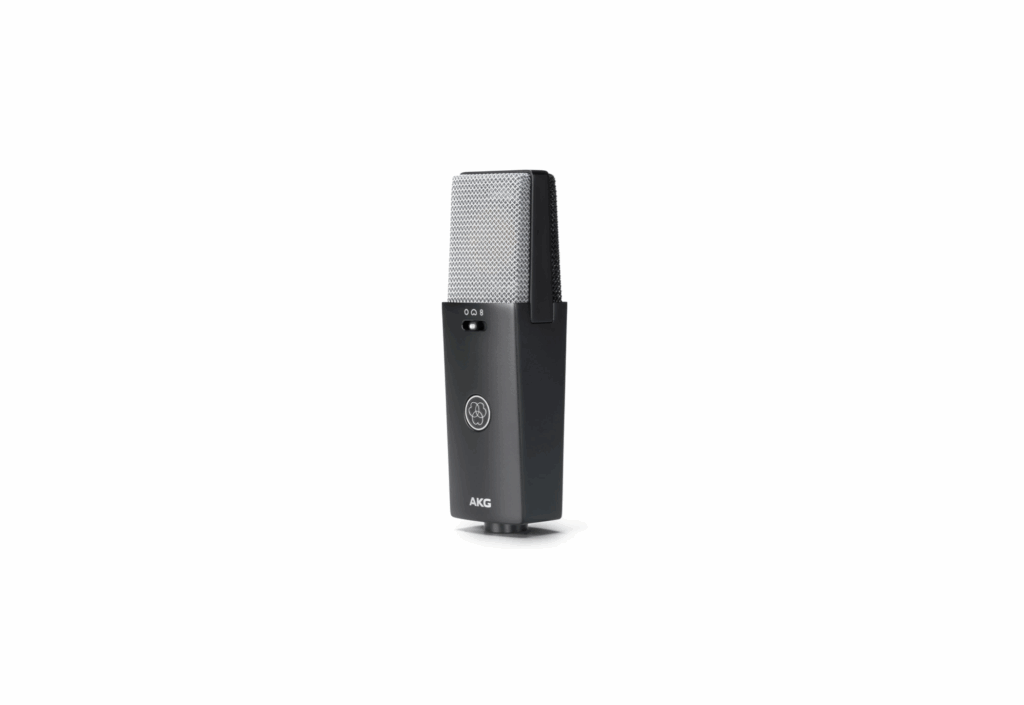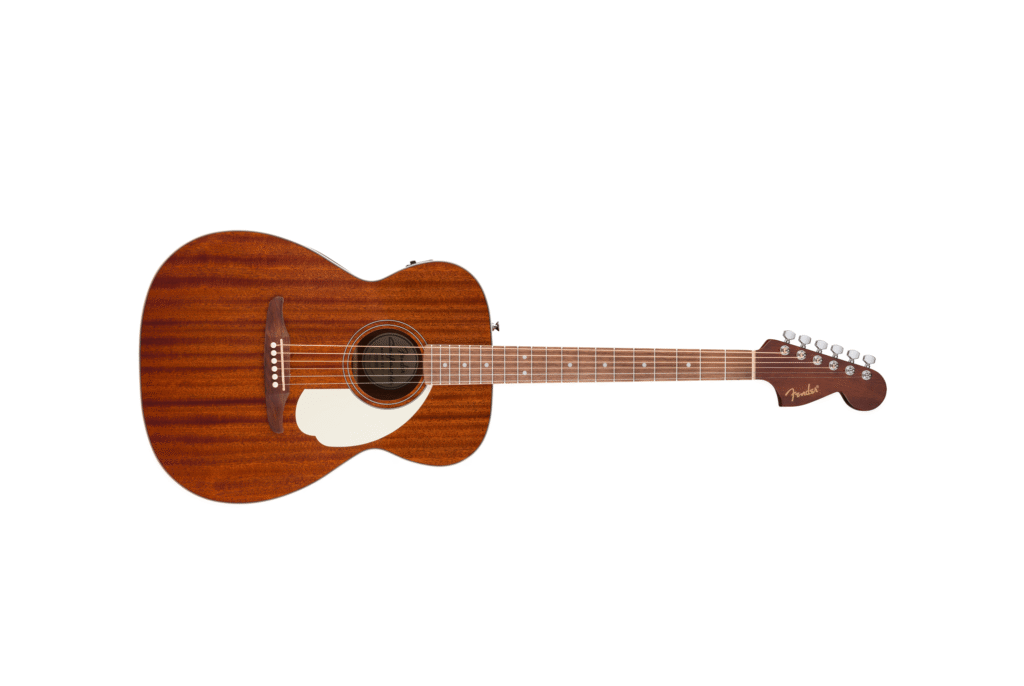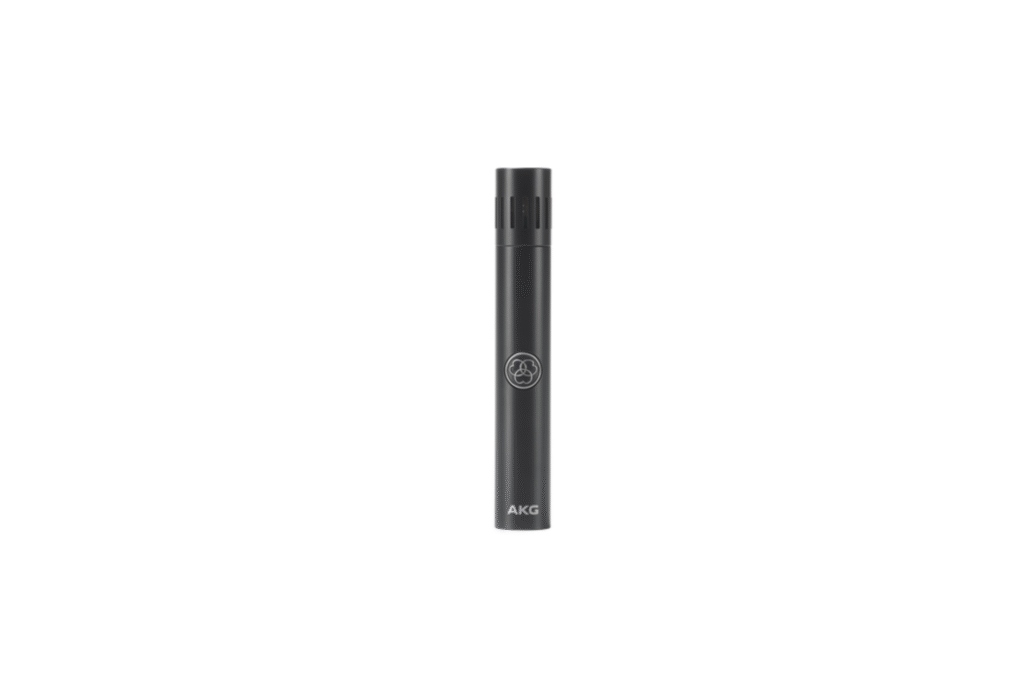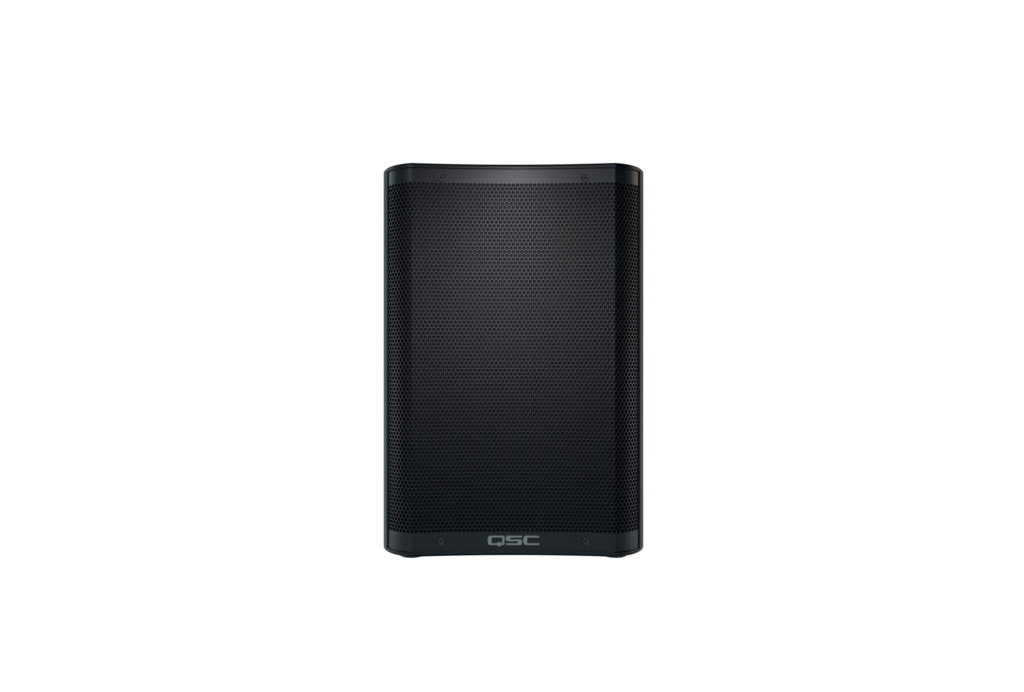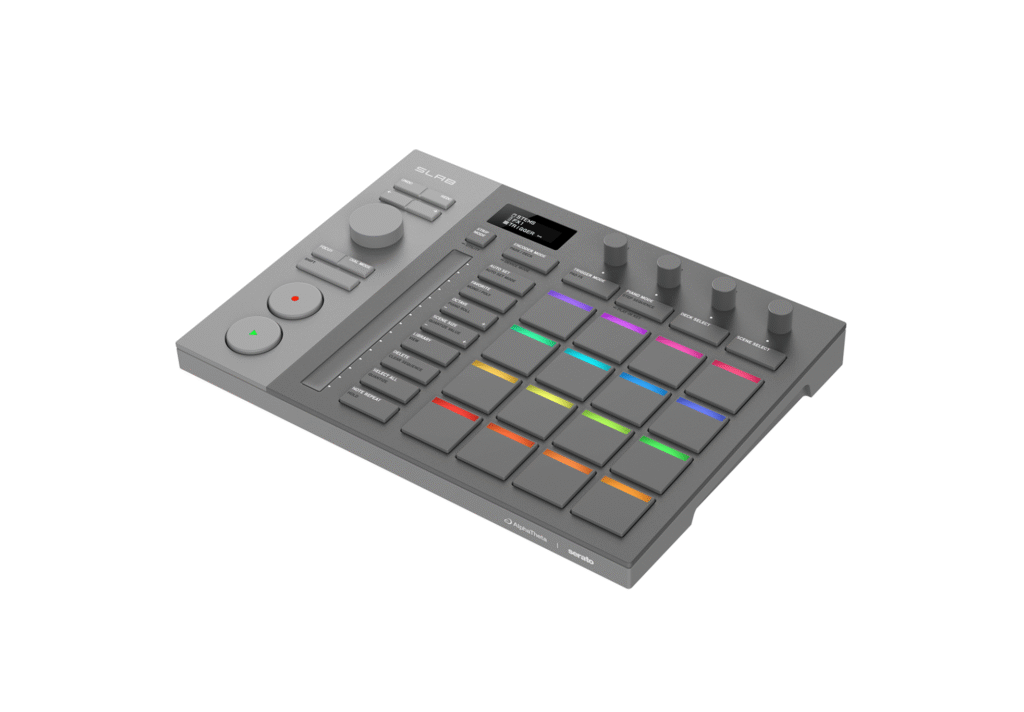Gretsch has done it again with a brilliant new iteration of their classic 6120 ‘Nashville’ style hollow body, and it's more accessible than ever.
The brand new Synchromatic collection aims to put top of the line Gretsch sound and style firmly within reach of the average player, and that’s exactly what has been achieved with this guitar. The Gretsch Synchromatic Nashville is an uncompromising example of all the incredible features that make Gretsch guitars so unique, without the scary price tag.
Catch up on all the latest features and interviews here.
The 6120 was first produced in the mid-1950s with the endorsement of legendary virtuoso Chet Atkins and was enthusiastically embraced by rockabilly icons Eddie Cochran and Duane Eddy. Today, it remains the definitive rockabilly guitar, its legacy having been cemented by players like Brian Setzer of The Stray Cats, Chris Cheney of The Living End and Poison Ivy of The Cramps. The Synchromatic Nashville takes that legacy and puts it firmly within reach of the average player, not compromising on quality despite a very modest price tag. Boasting upgraded materials and components, enhanced bracing and authentic aesthetic features, the Synchromatic guitars deliver an authentic Gretsch experience for players who can’t necessarily afford to reach for the top shelf, and that’s a beautiful thing.
Featuring a 2.5” deep laminated maple body with Semi-Arc bracing design, the Nashville’s elegant Cadillac Green body is the perfect size for a hollow body – big enough to mean business and compact enough so as not to be too cumbersome. The colour itself is a beautiful blue-green with a subtle sparkle that looks perfect with the guitar’s gold hardware. A lovely cream binding completes the look, along with oversized F-holes that give the Nashville a classic flair. Gretsch always brings the heat when it comes to aesthetics.
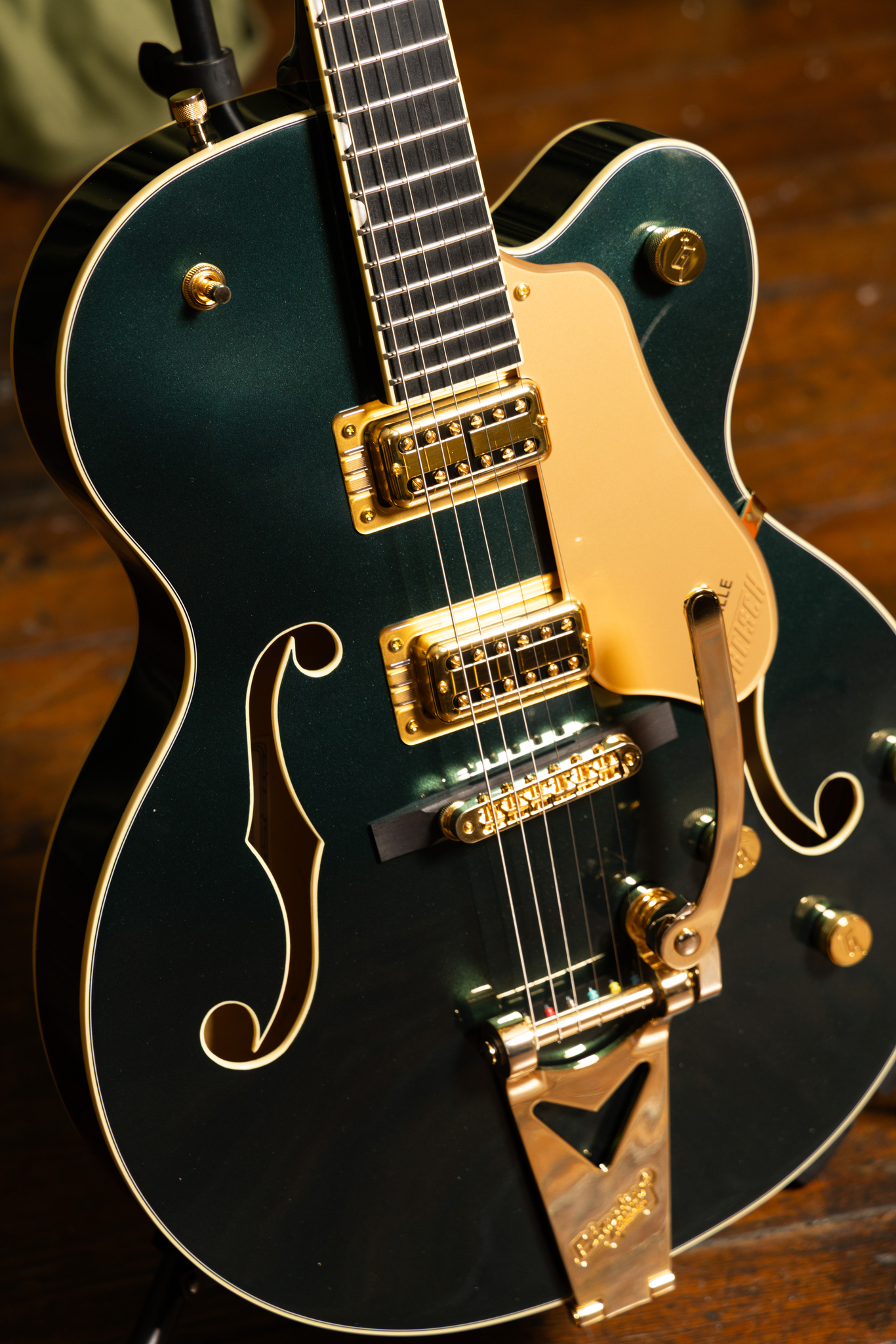
The Nashville’s single cutaway is a nice shape and provides decent fret access despite the chunky body style, making it a very easy guitar to play. This, combined with the neck’s soft C shape, makes for a very slick feel that’ll have you zipping up the fretboard like Setzer in no time. The neck itself is constructed with maple, a reliable tonewood that we all know and love, and has a nicely balanced scale length of 24.6”.
Its ebony fretboard has a radius of 12” and is inlaid with the pearloid Neo-Classic thumbnail fret markers that are so intrinsic to the Gretsch aesthetic. The inclusion of a real ebony fretboard as well as a genuine bone nut goes to show that Gretsch certainly isn’t skimping on materials for the Synchromatic collection.
The beautifully ornamental and yet functional gold hardware includes two Hi Fidelity Filter’Tron pickups, a master volume with a treble bleed circuit, a master tone, individual pickup volume controls for the bridge and neck, a three-position pickup toggle switch and, of course, a timelessly cool B60 V-Cutout Bigsby vibrato tailpiece. The gold Adjusto-Matic bridge is as reliable as ever, secured with an ebony base.
Matched with delicate gold strap buttons and tuning pegs, this thing is loaded with more gold than Fort Knox. The Gretsch Filter’Tron pickup was introduced in 1957 at the summer NAMM show in Chicago. Filter’Tron pickups feature dual coils and are designed to filter out the electronic hum normally associated with single-coil pickups, while adding a warmer tone and a significant increase in output and sustain. Since then, they have become known for their detailed, brilliant and delicate high fidelity sound, producing an incredibly honest, wide-ranging and bright tone that exists in a category all of its own.
The sound of the Synchromatic Nashville is no different. It has the crisp, detailed high end you expect from a Gretsch, as well as a tough, woody midrange and a soft, warm low end. In the bridge pickup, the Nashville sounds bright, sparkly and cutting without ever sounding shrill. From clean country picking to stiff, crackling Malcolm Young rhythm tones, this position is perfect for snappy Rockabilly and raucous rock and roll, depending on how much gain you’re using.
In the neck position, the Nashville sounds smooth and warm but never muddy, with the loose, blooming low end associated with hollow body guitars. Perfect for rolled off jazzy tones with enough clarity to still poke through a mix, Filter’Trons can really do it all while retaining a very individual sonic character. The middle position provides a versatile middle ground, with enough bite to get nasty if need be, while holding onto a decent amount of low-end power.
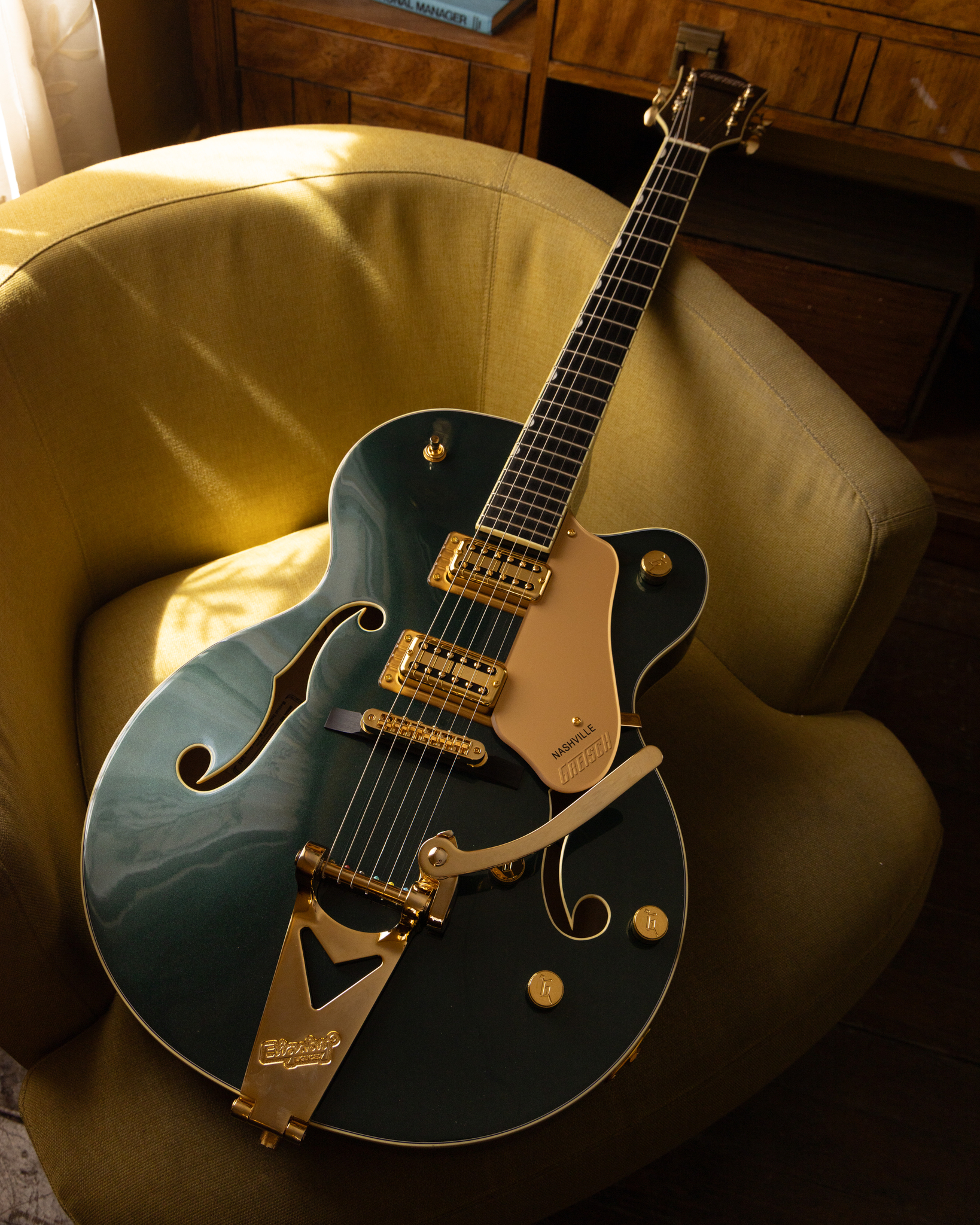
All in all, the Synchromatic Nashville is everything you want in a 6120. The classic 50s look, the gorgeous colour, opulent gold hardware and that timeless Bisgby will have you head over heels at first sight, but it’s the build quality and the high fidelity sound that will have you putting your money down.
The warm, airy sound of a hollow body combined with the defined, snappy and crystalline Filter’tron pickups is a match made in heaven and works together to create an incredibly balanced and versatile guitar. In saying that, the 6120 is and always will be inherently linked to the rockabilly genre, so if that’s your game, this one is really a no-brainer. Plugged into a Fender amp on the brink of overdrive, and combined with a healthy dose of slapback echo, you are right there.
With a super comfortable neck and a manageable price point, this is a 6120 that everybody can enjoy, no matter your skill or experience level. Certainly not limited to country or rockabilly music, the Nashville has the sonic dexterity to be a true all-rounder. Complete with a very nice deluxe hard case, the Synchoromatic Nashville is simply a fantastic guitar.
When the legendary Chet Atkins signed off on the 6120 design back in the 1950s, I’m sure he had no idea that seventy years later, people would still be falling in love with it. But like music itself, it’s clear that some things, the right things, just never go out of style.
For more information on the Gretsch Syncrhomatic Nashville, head here.
